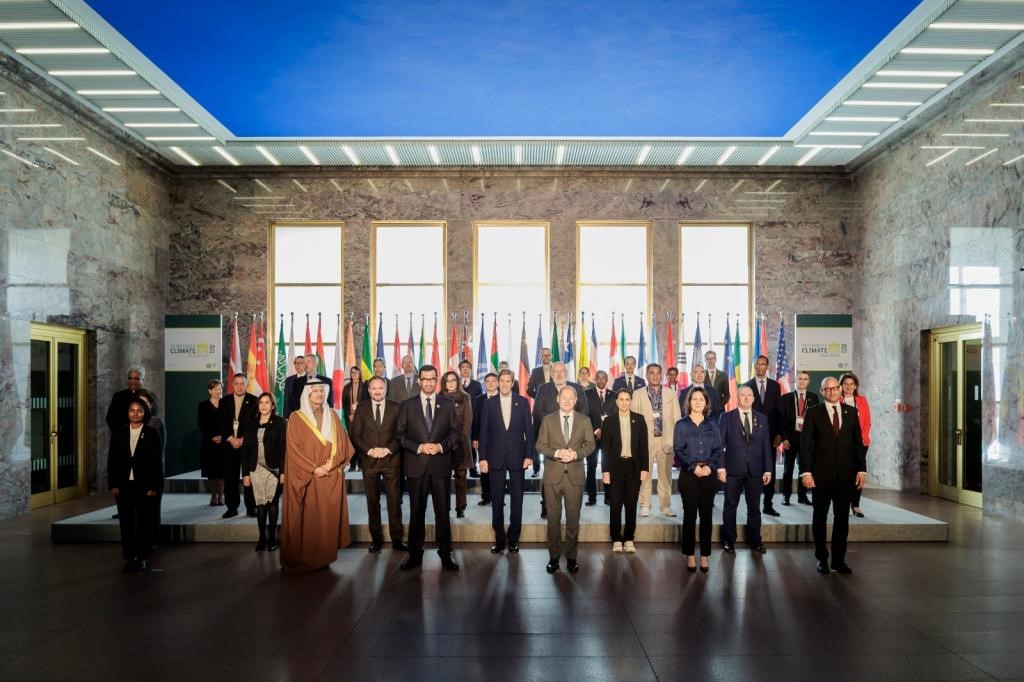Free Courses Sale ends Soon, Get It Now


Free Courses Sale ends Soon, Get It Now



Disclaimer: Copyright infringement not intended
Context
Details
Host
Participation
Highlights
Global renewables target
Fossil fuels: Phaseout production or reduce emissions?
On track for $100 billion climate finance
Global Stocktake
|
PRACTICE QUESTION Q) Although the $100 billion climate finance pledge might have been met this year, the needs have now escalated. This underlines the urgent need for financial reparations. Critically Analyse. (150 words) |
© 2024 iasgyan. All right reserved